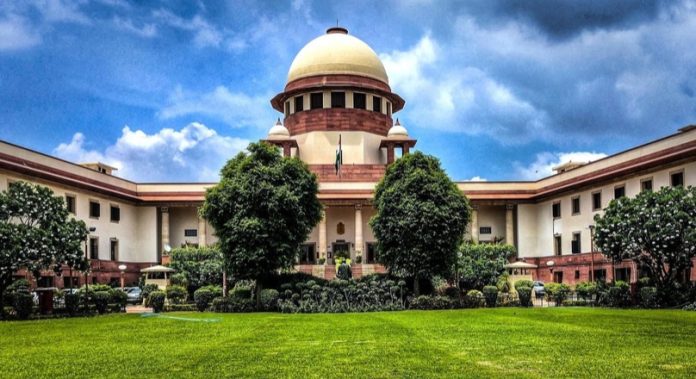New Delhi, August 16: The Supreme Court has once again reaffirmed the fundamental legal principle that “bail is the rule, jail is the exception,” a tenet deeply rooted in Indian jurisprudence since 1977. This assertion was underscored by the court while hearing the bail plea of retired police constable Jalaluddin Khan, who was charged under the Unlawful Activities (Prevention) Act (UAPA) for allegedly renting part of his house to individuals accused of being members of the banned Popular Front of India (PFI).
A bench comprising Justice Abhay S. Oka and Justice Augustine George Masih highlighted that once a case for bail has been convincingly established, the courts should not hesitate in granting relief, even in cases involving serious allegations under stringent laws like the UAPA.
“When a case is made for the grant of bail, the courts cannot have hesitation… the allegations of the prosecution may be very serious, but the court’s duty is to consider the case for the grant of bail in accordance with the law… ‘bail is rule, jail exception’ is a settled law,” the bench stated.
The court further emphasized that denying bail in cases where a strong legal argument has been made constitutes a violation of the rights guaranteed under Article 21 of the Indian Constitution, which pertains to the right to life and personal liberty.
This ruling came after Khan was denied bail by both a special court and the Patna High Court, which cited the severity of the charges, the potential for repetition of the offense, and the risk of evidence tampering as reasons for his continued detention. However, the Supreme Court found that there was insufficient evidence to suggest Khan’s involvement in any unlawful activities as defined under the UAPA.
The Supreme Court’s reminder of this legal principle follows a series of similar observations in other cases. Last month, another bench made a comparable ruling in an unrelated UAPA case, emphasizing the overarching importance of the right to life and personal liberty, even when statutory restrictions are in place.
The UAPA has been widely criticized by opposition parties, rights activists, and others for its stringent conditions that make the grant of bail difficult. Applicants under the UAPA must meet several challenging criteria, including proving that the charges against them are unfounded, in addition to the standard triple test of not being a flight risk, not influencing witnesses, and not tampering with evidence.
This latest ruling by the Supreme Court not only underscores the importance of adhering to established legal principles but also brings into focus the ongoing debate surrounding the UAPA and its impact on individual liberties in India.




